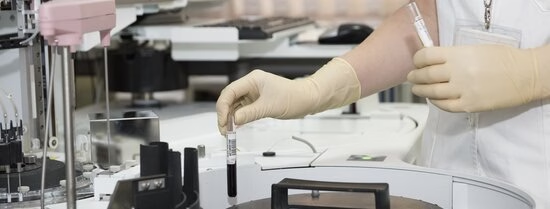Zanzibar has long been at the forefront of the fight against schistosomiasis, implementing large-scale Mass Drug Administration (MDA) with praziquantel to combat Schistosoma haematobium, the parasite responsible for the disease.
Current situation in Zanzibar
After about 40 years of MDA, Zanzibar has achieved elimination of schistosomiasis as a public health problem in most areas, with a possibility of interruption of transmission. However, a few hotspots with high prevalence of infection in school-age children (5-10%) remain. This is a concern as schistosomiasis causes anaemia, growth retardation, and cognitive developmental delay, amongst others.

RESIST project
The Erasmus MC-led RESIST project (Resistance Evaluation and Surveillance Initiative for Schistosomiasis Treatment) aims to clarify whether MDA has caused selection of drug-resistant parasite strains, how this may have contributed to persistent hotspots, and how this should be managed.
As part of the project, the RESIST team collected urine samples from approximately 20,000 school-aged children on Pemba Island, Zanzibar, between May and June 2025. These samples are being examined for parasite eggs, which will then be hatched and genetically analysed.
The genetic data will feed into mathematical models that simulate transmission patterns and the potential development of drug resistance. Ultimately, these models will help guide policy decisions on monitoring and managing schistosomiasis drug resistance more effectively.
Collaborative Effort
The RESIST project is funded by the Wellcome Trust and is a collaboration between researchers from the National History Museum (London, UK), Swiss Tropical and Public Health Institute (Basel, Switzerland), and the Public Health Laboratory-Ivo de Carneri (Pemba, Zanzibar), led by Erasmus MC Rotterdam (Pl: dr. Luc Coffeng; postdoc: dr. Norbert van Dijk).
The RGHI is excited to welcome Dr. Luc Coffeng as keynote speaker at the upcoming RGHI Start of the Academic Year Event on the 25th of September where he will speak about the RESIST project and his experience in creating equitable partnerships.
- Coordinator
- Researcher
- More information
The Rotterdam Global Health Initiative (RGHI) is the multi-disciplinary global health research and education network of Erasmus University and Erasmus MC. Through our research and education efforts, we seek to help diminish health inequalities between and within countries, improve people’s living conditions, and contribute to more effective and equitable healthcare of good quality worldwide.
- Related content

